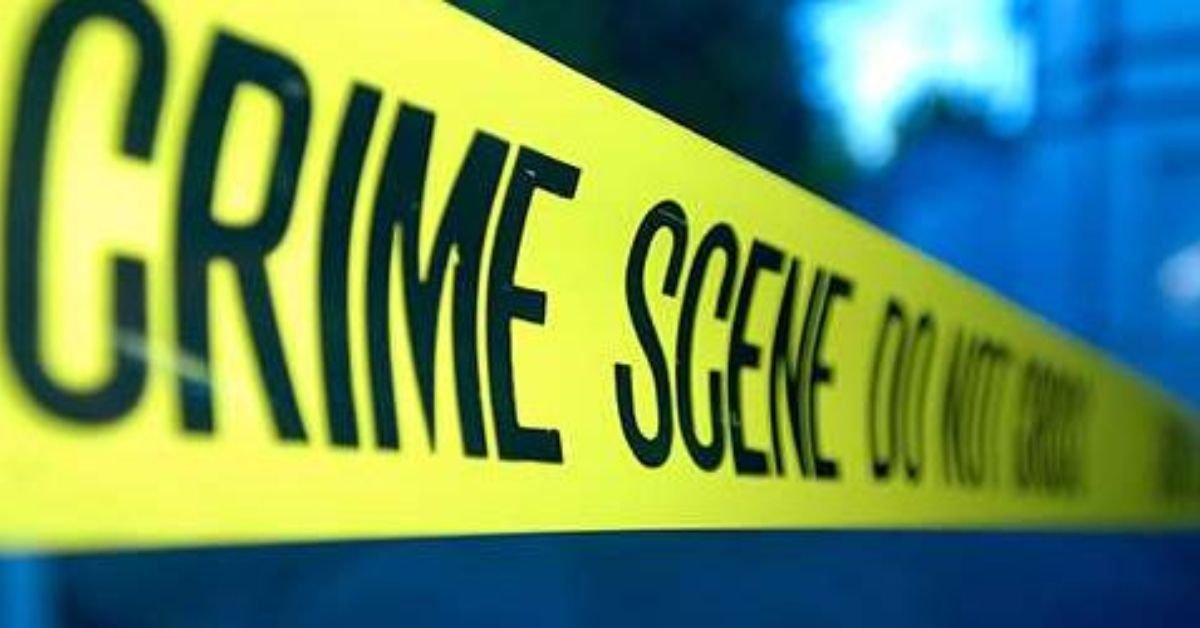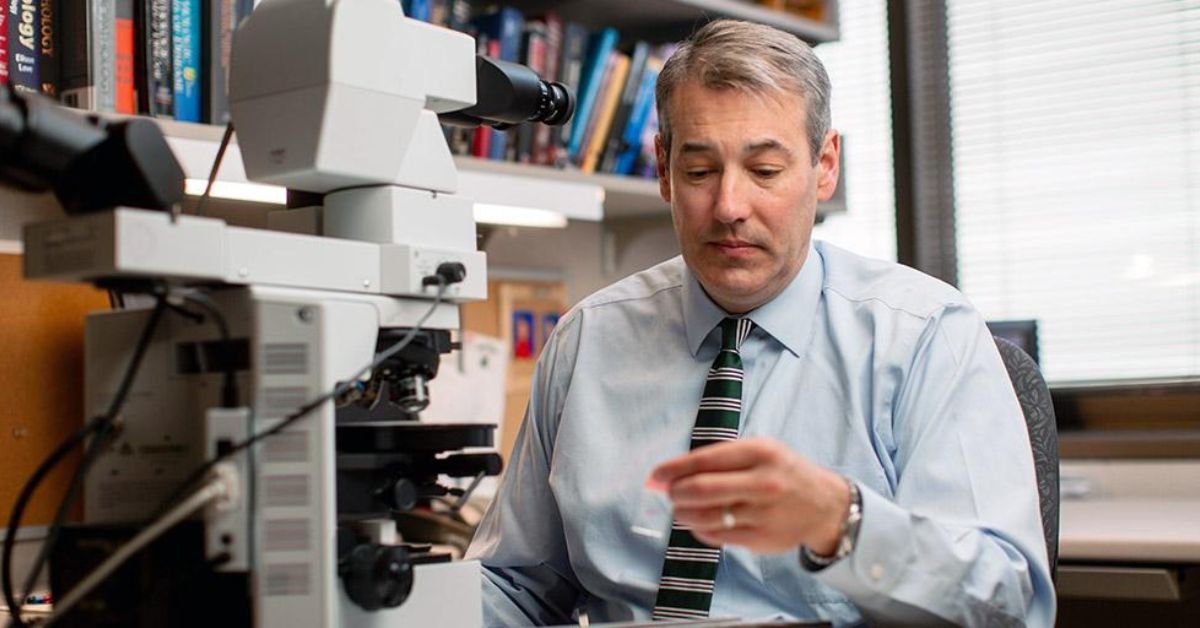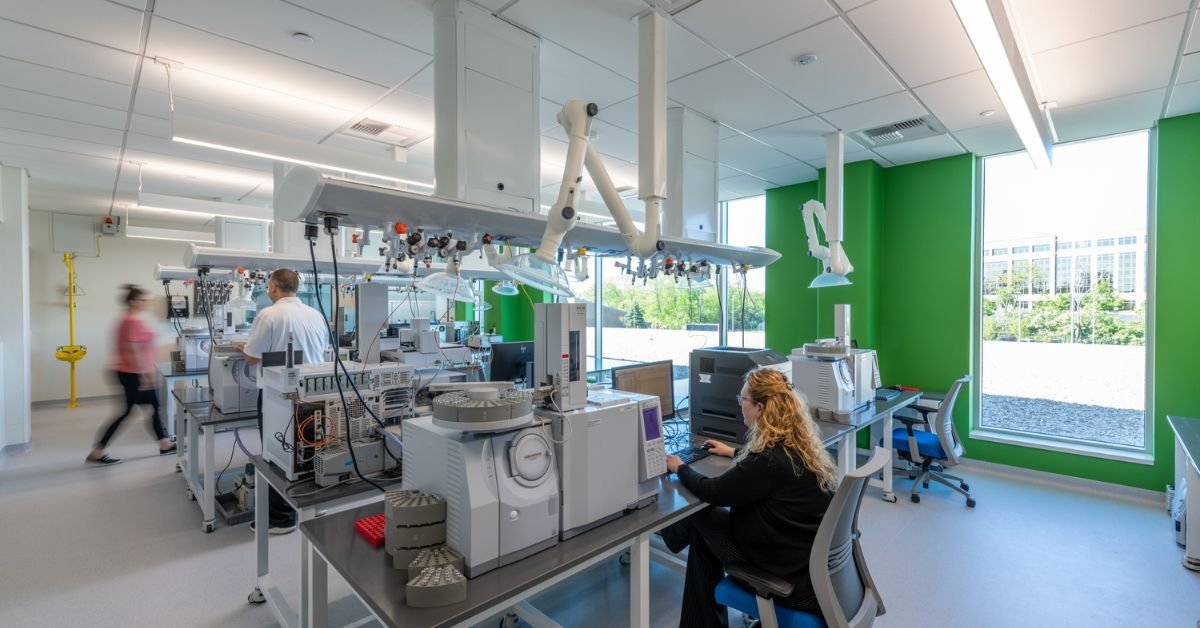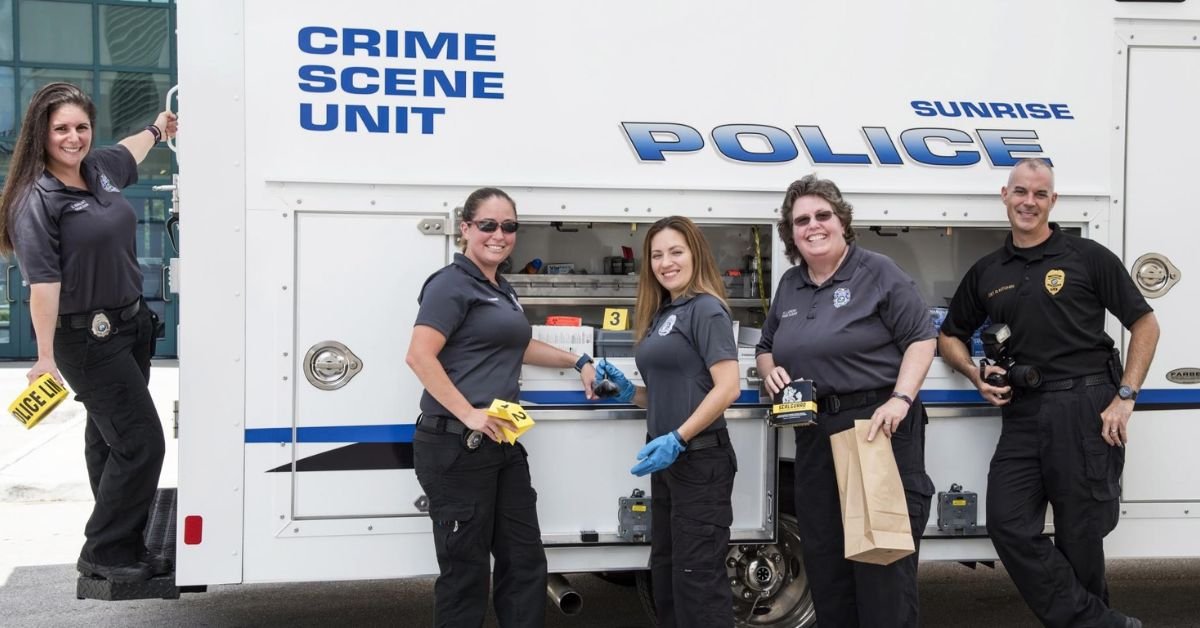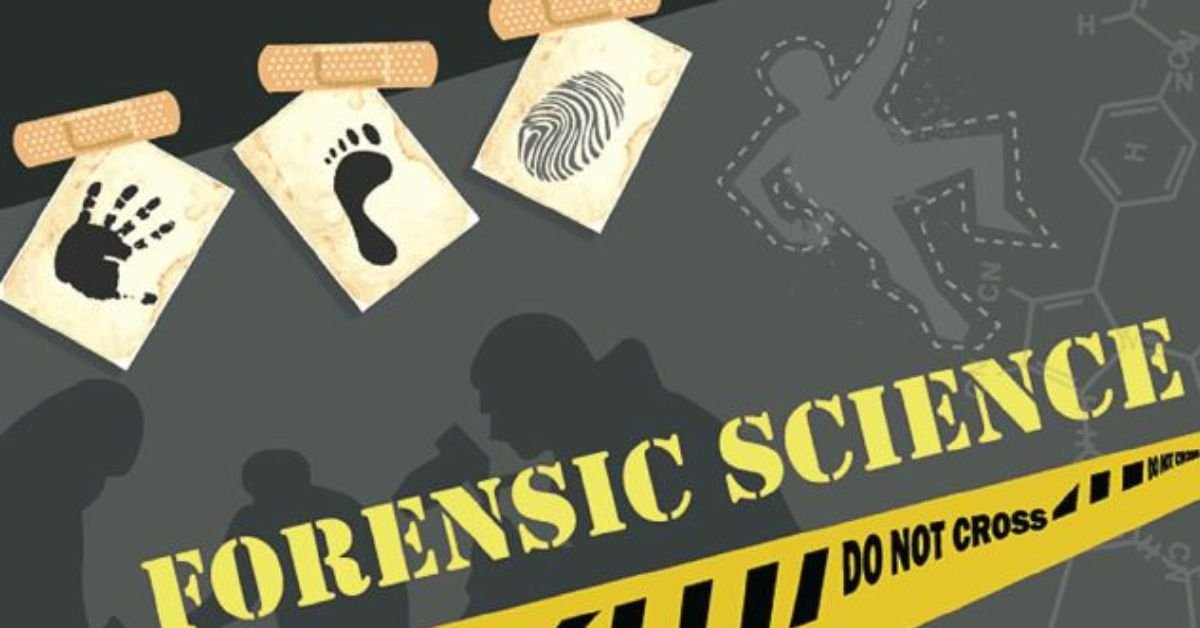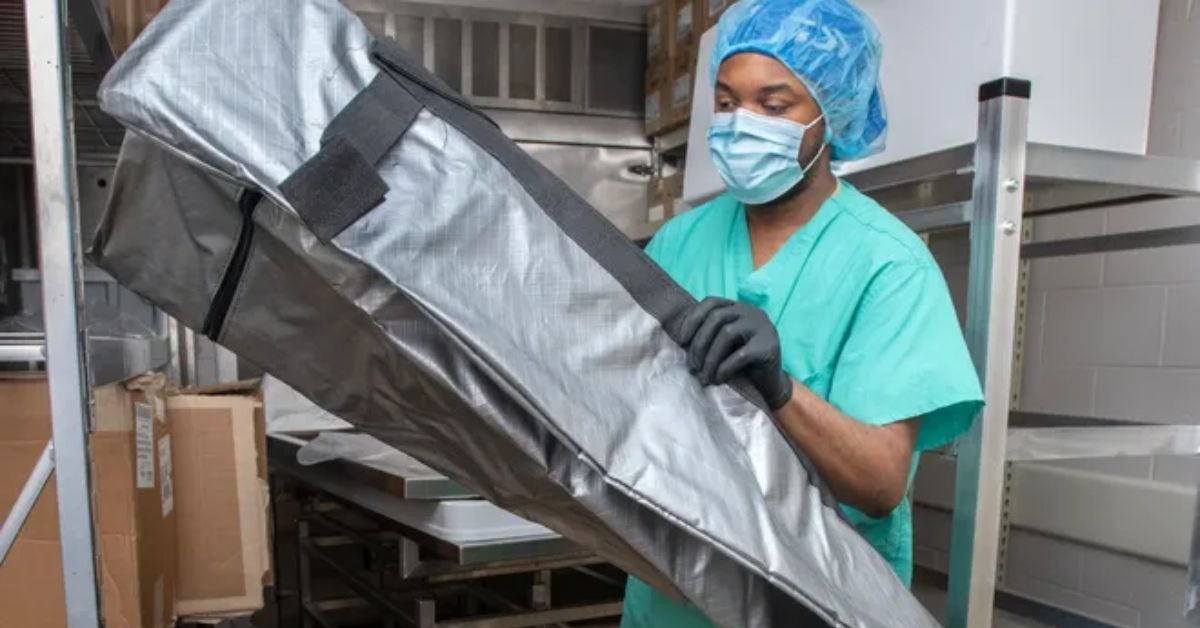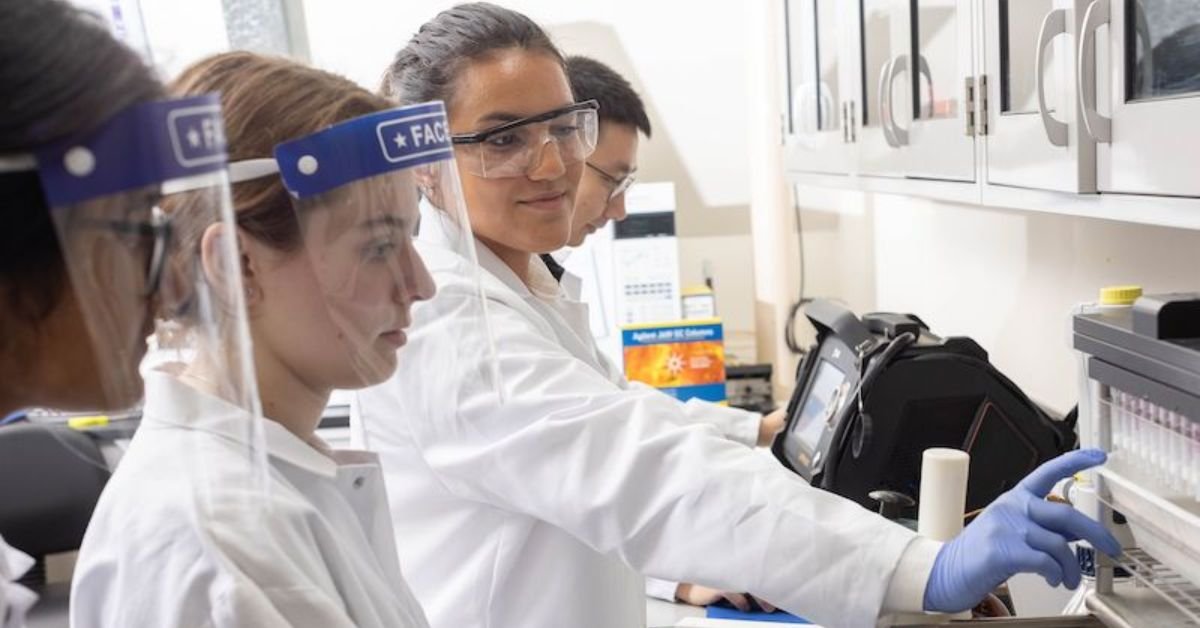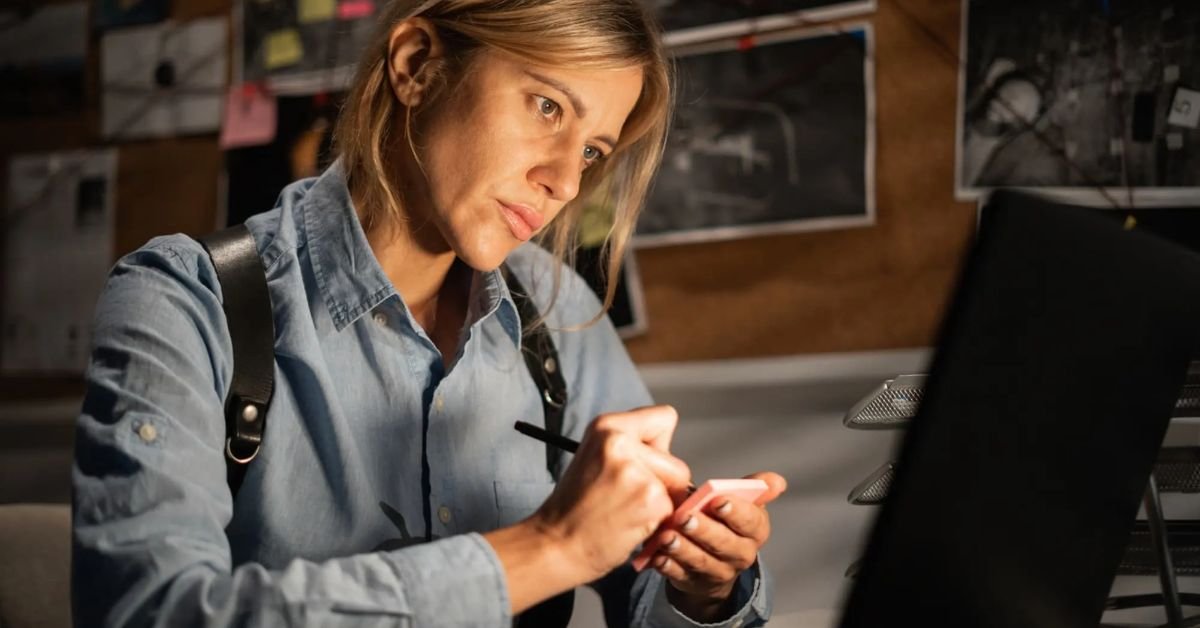The death scene investigation process in Florida involves a well-defined, coordinated structure of professionals and agencies, each playing a critical role in the collection, analysis, and interpretation of forensic evidence. The efficiency and effectiveness of this process depend on the seamless integration of various organizations, including law enforcement agencies, medical examiner offices, forensic labs, and legal professionals. This organizational framework ensures that death investigations are conducted in a structured, legally compliant, and thorough manner.
This article focuses on the organizational aspects of the Florida death scene investigation process, highlighting the key agencies involved, their roles, and how they collaborate to ensure justice is served.
Key Organizations Involved in Florida’s Death Scene Investigation Process
Several agencies and organizations are involved in the death scene investigation process in Florida. The primary entities include:
- Local Law Enforcement Agencies
- Florida Department of Law Enforcement (FDLE)
- Medical Examiner Offices
- Forensic Laboratories
- Judicial System
Each of these organizations plays a specific role in ensuring that the process is carried out effectively and legally.
1. Local Law Enforcement Agencies
Local law enforcement agencies, including city police departments, county sheriff’s offices, and state police, are typically the first responders to a death scene. These agencies are responsible for securing the scene, ensuring the safety of all involved, and beginning the initial investigation. Their role in the process is vital, as they establish the groundwork for a thorough investigation.
Key Responsibilities:
- Scene Securing: Officers ensure the scene is preserved and protected, preventing contamination or loss of evidence.
- Initial Assessment: Officers assess whether the death appears to be natural, accidental, or suspicious, and determine whether the Medical Examiner’s Office should be called.
- Witness Interviews: Local law enforcement interviews potential witnesses, family members, and anyone who might have information regarding the circumstances surrounding the death.
- Evidence Collection: Law enforcement may collect certain evidence on-site, such as weapons or any obvious signs of criminal activity, until forensic teams arrive.
2. Florida Department of Law Enforcement (FDLE)
The Florida Department of Law Enforcement (FDLE) plays a significant role in the forensic analysis and coordination of death investigations, particularly in cases requiring advanced forensic analysis or investigations beyond the local police capacity. FDLE crime labs are responsible for handling specialized evidence and providing support to local law enforcement agencies.
Key Responsibilities:
- Forensic Analysis: FDLE is responsible for providing forensic services such as DNA analysis, toxicology testing, and ballistics analysis.
- Evidence Preservation: FDLE ensures that evidence is securely stored and documented in accordance with the state’s chain of custody protocols.
- Support in Major Investigations: FDLE experts assist local law enforcement in complex or high-profile cases by offering specialized forensic expertise.
FDLE also offers a variety of support services, including training and technical assistance to local agencies involved in death scene investigations.
3. Medical Examiner Offices
Medical Examiner (ME) offices in Florida are independent entities that operate in each of Florida’s 67 counties. They are responsible for investigating deaths that fall under certain categories, such as homicides, suicides, unexplained deaths, and deaths occurring under suspicious circumstances. These offices are critical to determining the cause and manner of death.
Key Responsibilities:
- Death Scene Investigation: Medical examiners are notified of deaths requiring investigation, especially those that are violent, suspicious, or involve unclear circumstances.
- Autopsies: After a forensic pathologist conducts an autopsy, the medical examiner determines the cause and manner of death.
- Toxicology and DNA Testing: Forensic pathologists and lab technicians within the Medical Examiner’s Office conduct toxicology tests and DNA analysis on biological evidence.
- Expert Testimony: Medical examiners and forensic pathologists may be called to testify in court, providing expert opinions on the cause and manner of death.
The Florida Medical Examiners Commission (FMEC) oversees the state’s medical examiner offices, ensuring that each office adheres to state standards and protocols.
4. Forensic Laboratories
Forensic laboratories play an essential role in the analysis and examination of physical evidence from death scenes. In Florida, forensic labs are either operated by state agencies such as the FDLE or local law enforcement agencies. These labs provide vital services in the analysis of blood, DNA, firearms, toxic substances, and other evidence that can help identify the cause of death and link suspects to crimes.
Key Responsibilities:
- Evidence Analysis: Forensic labs analyze various types of evidence, including biological samples (blood, tissue), firearms, fingerprints, and digital evidence.
- Maintaining Evidence Integrity: Labs must preserve the chain of custody of all evidence, ensuring that it remains untampered and admissible in court.
- Collaboration with Medical Examiners: Forensic labs collaborate with medical examiner offices, providing them with the results of toxicology tests, DNA analysis, and other forensic findings that contribute to the determination of cause and manner of death.
Forensic labs in Florida must meet stringent accreditation standards to ensure that they provide reliable and legally admissible results.
5. Judicial System
The judicial system plays a key role in the death scene investigation process, particularly during the trial phase. Courts rely on the forensic evidence collected during the investigation to determine guilt or innocence, and forensic scientists or medical examiners may be called to testify.
Key Responsibilities:
- Admissibility of Evidence: Courts determine the admissibility of evidence based on proper collection, handling, and analysis during the investigation.
- Court Testimony: Forensic experts, including medical examiners and forensic scientists, may testify about the evidence gathered during the death scene investigation to help juries understand complex scientific findings.
- Legal Proceedings: Based on the findings of the investigation and forensic evidence, legal proceedings will determine whether charges should be brought and what penalties are appropriate.
Collaboration Between Agencies
Effective death scene investigations in Florida require seamless coordination between various agencies. The success of an investigation hinges on the ability of law enforcement, medical examiners, forensic labs, and the judicial system to work together. Clear communication, well-documented procedures, and adherence to legal protocols ensure that forensic evidence is properly handled and analyzed, resulting in a reliable and fair investigation.
Roles and Collaboration in the Investigation Process:
- Law Enforcement: The first responders who secure the scene and collect initial evidence.
- Medical Examiners: Provide expert opinions on the cause and manner of death, often conducting autopsies and toxicology tests.
- Forensic Laboratories: Analyze evidence such as DNA, toxicology samples, firearms, and other forensic materials.
- Judicial System: Ensures the legality and admissibility of the evidence, overseeing trials and legal proceedings.
Conclusion
The Florida death scene investigation process is a highly organized, multi-agency endeavor that ensures that all aspects of a death investigation are handled with care, precision, and legal compliance. Local law enforcement, medical examiners, forensic labs, and the judicial system all have specific roles in the process, contributing to a cohesive effort to solve crimes, uncover the truth, and bring justice to victims. By following a structured approach, Florida ensures that death scene investigations are thorough, legally sound, and scientifically valid.
References
- Florida Department of Law Enforcement (FDLE) – Forensic Science Services: https://www.fdle.state.fl.us
- Florida Medical Examiners Commission (FMEC) – Medical Examiner Guidelines: https://www.floridahealth.gov
- Florida Statutes – Death Scene Investigation Protocols: https://www.leg.state.fl.us
